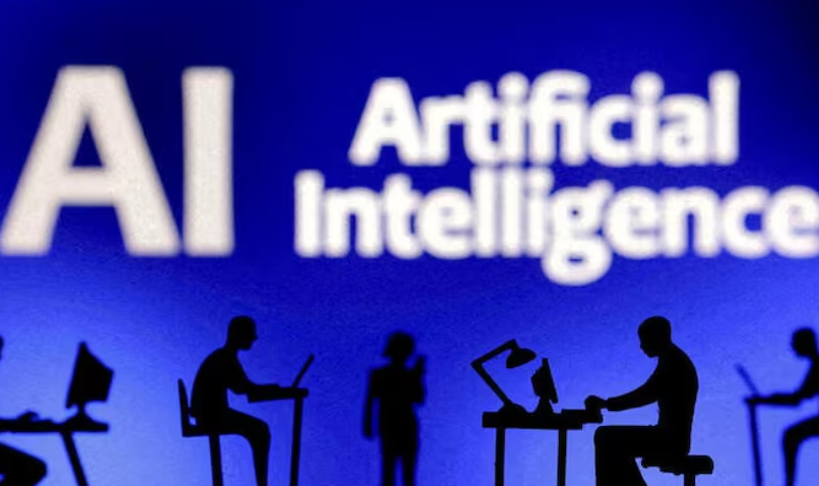A New York federal judge dismissed a lawsuit on Thursday against OpenAI, the artificial intelligence giant, which accused the company of misusing articles from the news outlets Raw Story and AlterNet to train its large language models. U.S. District Judge Colleen McMahon ruled that the outlets could not demonstrate sufficient harm to support their claims. However, she gave them the option to file an amended complaint, though she expressed skepticism that they could successfully argue they suffered a “cognizable injury.”
Raw Story, which acquired AlterNet in 2018, is represented by attorney Matt Topic of the law firm Loevy + Loevy. He said the outlets were confident they could address the issues raised by the court in a new complaint.
Neither OpenAI’s spokespeople nor its attorneys immediately responded to requests for comment.
The lawsuit, filed in February, claimed that OpenAI used thousands of Raw Story and AlterNet articles without permission to train its popular chatbot, ChatGPT. The outlets argued that ChatGPT reproduces their copyrighted content when prompted.
This case is part of a broader wave of lawsuits against OpenAI and other tech companies by authors, visual artists, music publishers, and other copyright holders, challenging how their works are used to train generative AI systems. The New York Times filed the first media outlet lawsuit against OpenAI in December.
Unlike other similar lawsuits, Raw Story and AlterNet did not directly argue that OpenAI infringed their copyrights. Instead, they claimed that OpenAI unlawfully stripped their articles of copyright management information (CMI). McMahon sided with OpenAI, agreeing that the CMI-related claims should be dismissed.
“Let us be clear about what is really at stake here,” Judge McMahon said. “The alleged injury for which Plaintiffs truly seek redress is not the exclusion of CMI, but the use of Plaintiffs’ articles to develop ChatGPT without compensation.” McMahon further stated that the alleged harm cited by the outlets was not of the type that courts have traditionally recognized as sufficient to justify such a lawsuit.
McMahon also noted that while the plaintiffs’ claims didn’t meet the necessary threshold, it remained unclear whether another legal theory could elevate the harm to a level that would allow the case to proceed. However, she made it clear that this question was not before the court at that time.
The case is Raw Story Media v. OpenAI Inc., U.S. District Court for the Southern District of New York, No. 1:24-cv-01514.
For Raw Story and AlterNet, the legal team includes Matt Topic, Jon Loevy, and Michael Kanovitz of Loevy + Loevy. For OpenAI, the defense includes attorneys Joe Gratz, Vera Ranieri, and Rose Lee of Morrison & Foerster, along with Joseph Wetzel, Andy Gass, Sy Damle, and Alli Stillman of Latham & Watkins, as well as Bob Van Nest, Jamie Slaughter, Paven Malhotra, Michelle Ybarra, Nick Goldberg, Tom Gorman, and Katie Lynn Joyce of Keker Van Nest & Peters.

